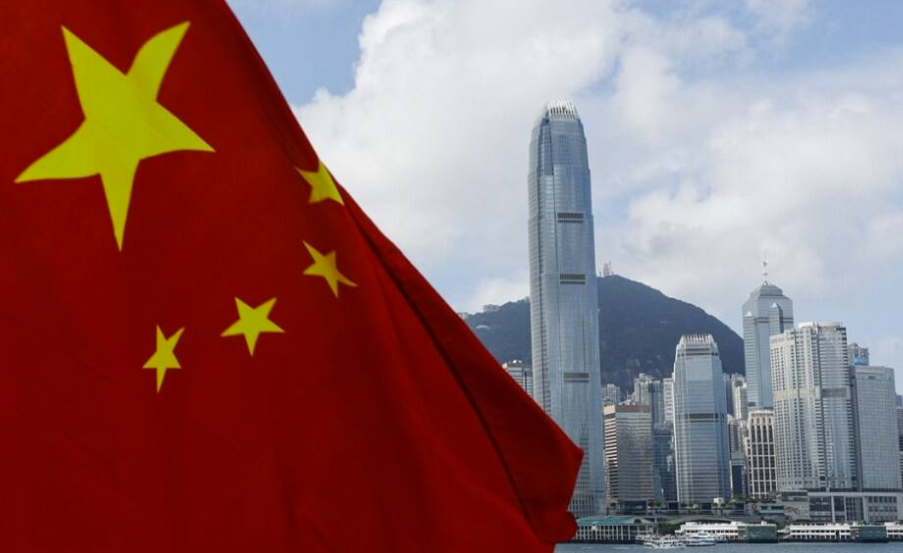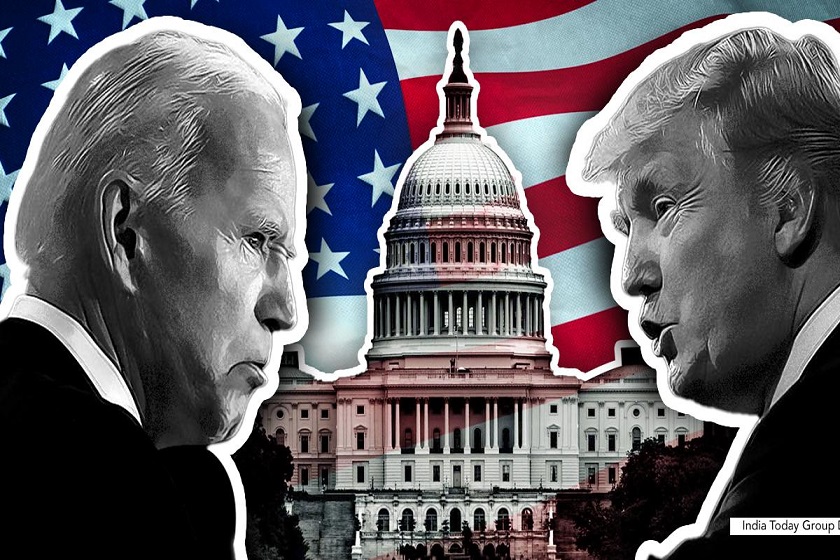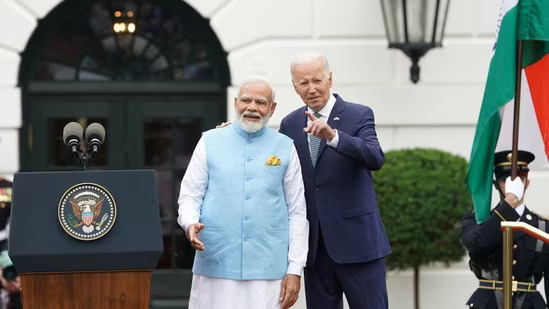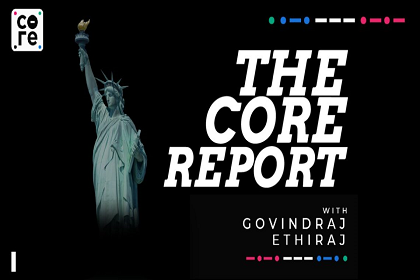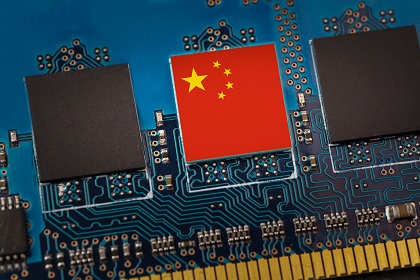Unfolding Geopolitics | Episode 11, U.S. elections: pernicious and polarising
The last two weeks have been turbulent for U.S. politics: a past President and current candidate survives an assassination attempt; the current President is forced to withdraw from contesting and is replaced by a new nominee in a flash. This is set in the backdrop of tumultuous domestic and international politics. Neelam Deo, co-founder, Gateway House, discusses the U.S.’ electoral race and its implications for global geopolitics.


